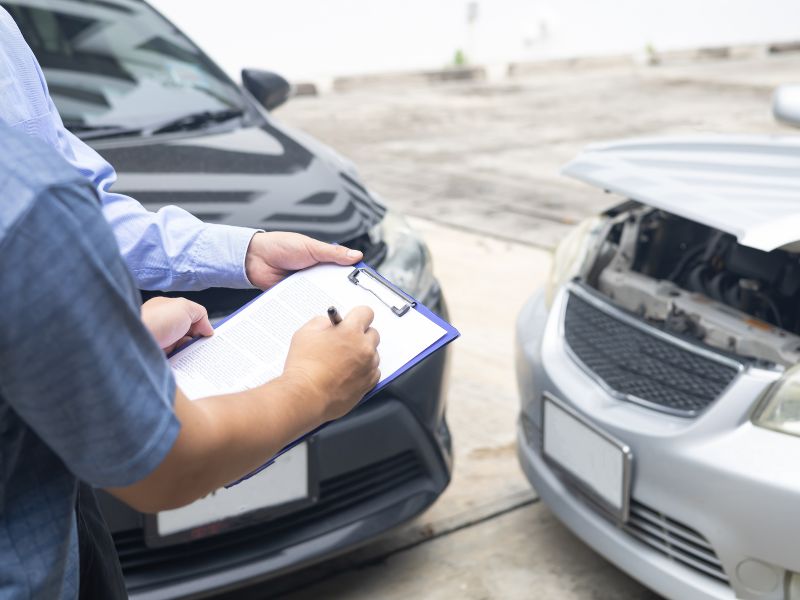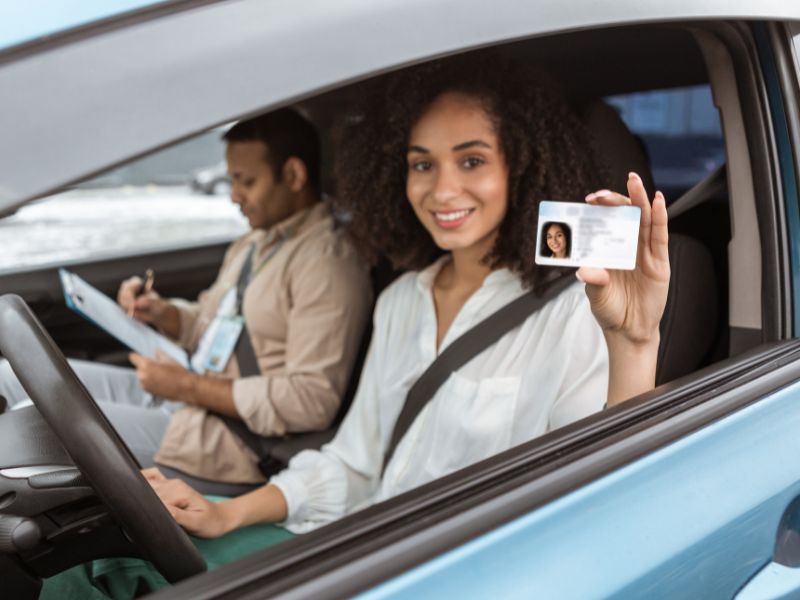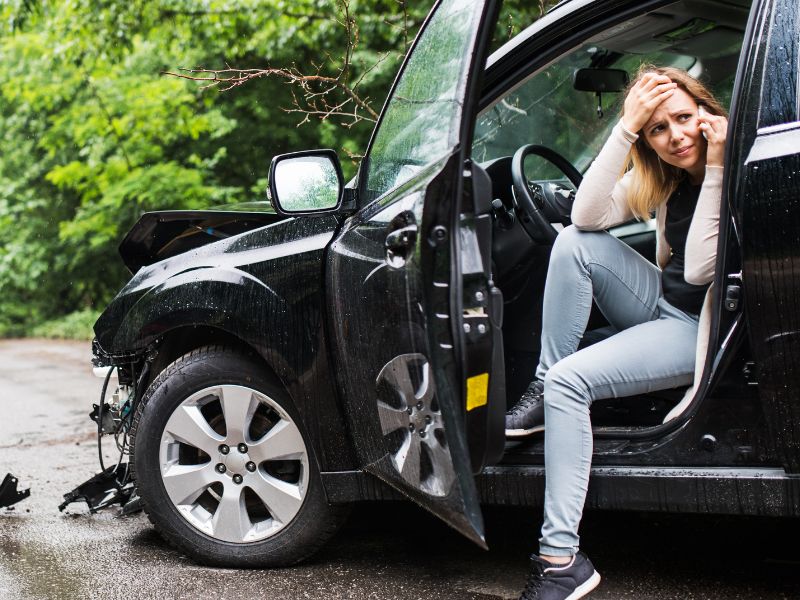It might not be just around the corner, but it’s coming our way soon. Self-driving cars could one day reach a point where they’re as good, or perhaps better, than human drivers. Major U.S. companies are pushing the limits of innovation to dominate the industry.
While many prototypes are already in testing, most experts believe it will be at least 10-12 more years before completely autonomous vehicles will be sold to private consumers. So, what does this mean for the future, given the influence of industry leaders like Google, Tesla, and Uber? And how about traditional car makers? Where do they fit in?
Let’s take a long leap 30 years or more into the future. Imagine a world where most cars on the road are self-driving vehicles. They’re being developed for a few main reasons. They have the potential to remove the possibility of human error on the roads and improve safety. They can also dramatically increase transportation efficiency because they do not need to be parked. They can be in use constantly.
Against this backdrop, buckle up and let’s delve into some of the most pressing safety issues we’ll face.
What Risks Do Self-Driving Cars Pose?
The concept of self-driving vehicles has broad appeal. In fact, 29 states allow them to be tested, starting with Nevada in 2011. They run no risk of driving drunk, will never fall asleep at the wheel, and can’t be distracted by a cell phone, radio, or another passenger. Best of all, they’re always aware of their surroundings. So, what’s not to love?
As with all entrepreneurial concepts, there are growing pains that make us skeptical. For example, there have been fatal accidents resulting from the use of autonomous vehicles, often due to software problems. However, it is the safety potential of self-driving cars that is so appealing. Very few accidents per millions of combined autonomous miles driven prove promising.
A key risk is creating self-driving vehicles with failsafe features that can survive rigorous on-the-road testing. Other obstacles fall into a category that is more administrative than technical. For example:
- Who shares in the liability when a self-driving car is involved in an accident?
- When will state and federal laws catch up with the fast pace of this fledgling industry?
- How will manufacturers create products that fully protect the security of the driver? Without adequate protection, a hacker could take control of the vehicle with malicious intent.
- What about the ethical dilemmas that arise when a self-driving vehicle needs to take evasive action? This gives self-driving cars the need to decide if they should protect the vehicle, for instance, at the expense of pedestrians who may be struck.
Will Self-Driving Cars Improve Safety?
The industry is optimistic that its self-driving cars will achieve a stronger safety record than human drivers. Since 2005, 21 crashes involving autonomous cars have been recorded. Of those only two were found to be the fault of the vehicle – an enviable track record. The safety potential is so appealing that the United Kingdom wants fully driverless cars on the road by 2021.
Self-driving cars could be the future of the automotive industry. They offer advantages from a safety perspective by eliminating human error. Although there have been highly publicized accidents in the past, developments in autonomous technology are likely to enhance their safety and reliability.
Hurdles Remaining for Fully Autonomous Cars
The future appears to be bright for the industry. Obstacles remain, however. For instance, most testing has been occurring in Arizona, where much of the terrain is flat and dry. It will be interesting to see how driverless cars will fare in other areas of the country. For instance, in densely populated cities and those with hills and mountains.
While the industry is aggressive, politically savvy, and well-funded, there are other interests at play. Cities will need to re-design public spaces to provide parking, which will be a tremendous challenge. Business travelers and the hospitality industry will be impacted as well. Self-driving cars can shorten commutes to offsite meetings and attendees will be freer to consume more alcoholic beverages since they don’t have to drive.
The autonomous car industry will need to convince government agencies that its safety research is valid. Can computer simulations be used instead of on-the-road miles? Who will lead the conversation about how robot drivers make ethical decisions when multiple scenarios occur simultaneously?
Self-Driving Car Statistics
The challenge of bringing self-driving cars to market will depend on data. Everyone agrees they must be safer than those driven by humans. The question is by how much? And how do we define safety?
As one would expect, there’s a graduated scale of six levels of autonomy, ranging from 0 to 5, established for self-driving cars. A Level 0 car has no autonomous capabilities — a human driver just drives the car. A Level 4 vehicle can pretty much do all the driving on its own, but needs human assistance in certain conditions — for example, in set areas, or when the weather is bad. A Level 5 vehicle is one that can do all the driving in all circumstances, and a human doesn’t have to be involved at all.
Human-controlled driving in the U.S. today may be a relatively safe activity, though there is obviously a lot of room for improvement, as 37,000 people died in motor vehicle crashes in a single recent year. Road incidents remain a leading cause of death year after year. National Highway Traffic Safety Administration data show that 90 percent of all motor vehicle accidents are caused by human error, a further indication that driverless vehicles could be a safer alternative.
Contact a Car Accident Lawyer in Sacramento Today for Help
You may be surprised to learn that you’ve likely been on the road with a driverless car without knowing it. If you’re involved in a serious accident with an autonomous vehicle, you’ll need an experienced car accident lawyer, one who won’t back down in the face of big corporate insurance companies.
At Demas Law Group, we believe that everyone should have access to justice. People who have been unjustly injured shouldn’t suffer financially because they fear they can’t afford an attorney who is skilled enough to take on a large insurance company.
- Our law firm is committed to helping hardworking, everyday people who don’t have the resources to fight deep-pocketed companies on their own.
- We get paid only if and when we obtain a financial recovery for you.
- We advance all costs related to your case and do not hold you responsible for those costs if we do not obtain a successful outcome for you.
Contact us now to schedule a free discussion about your potential case.














